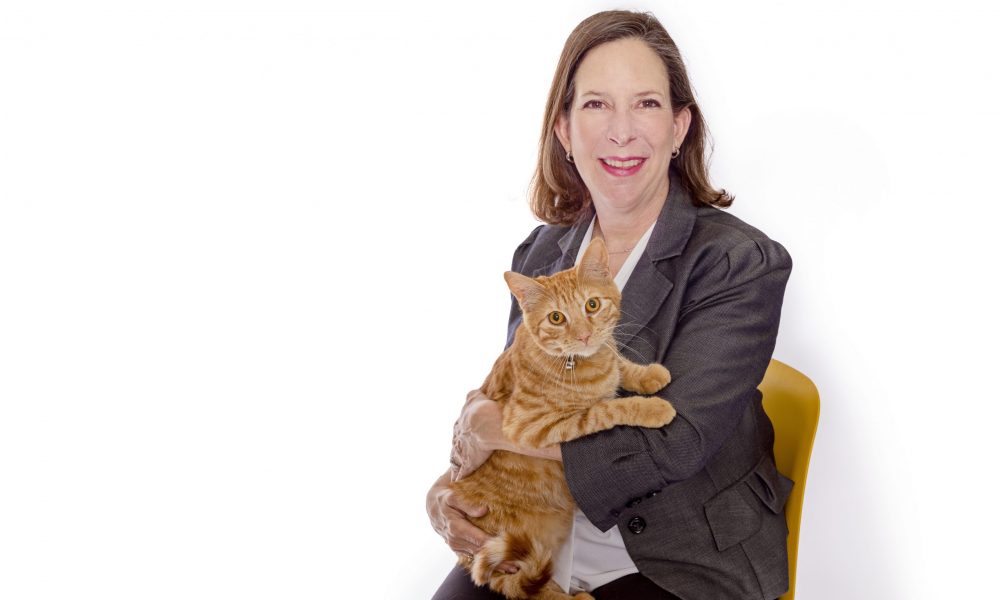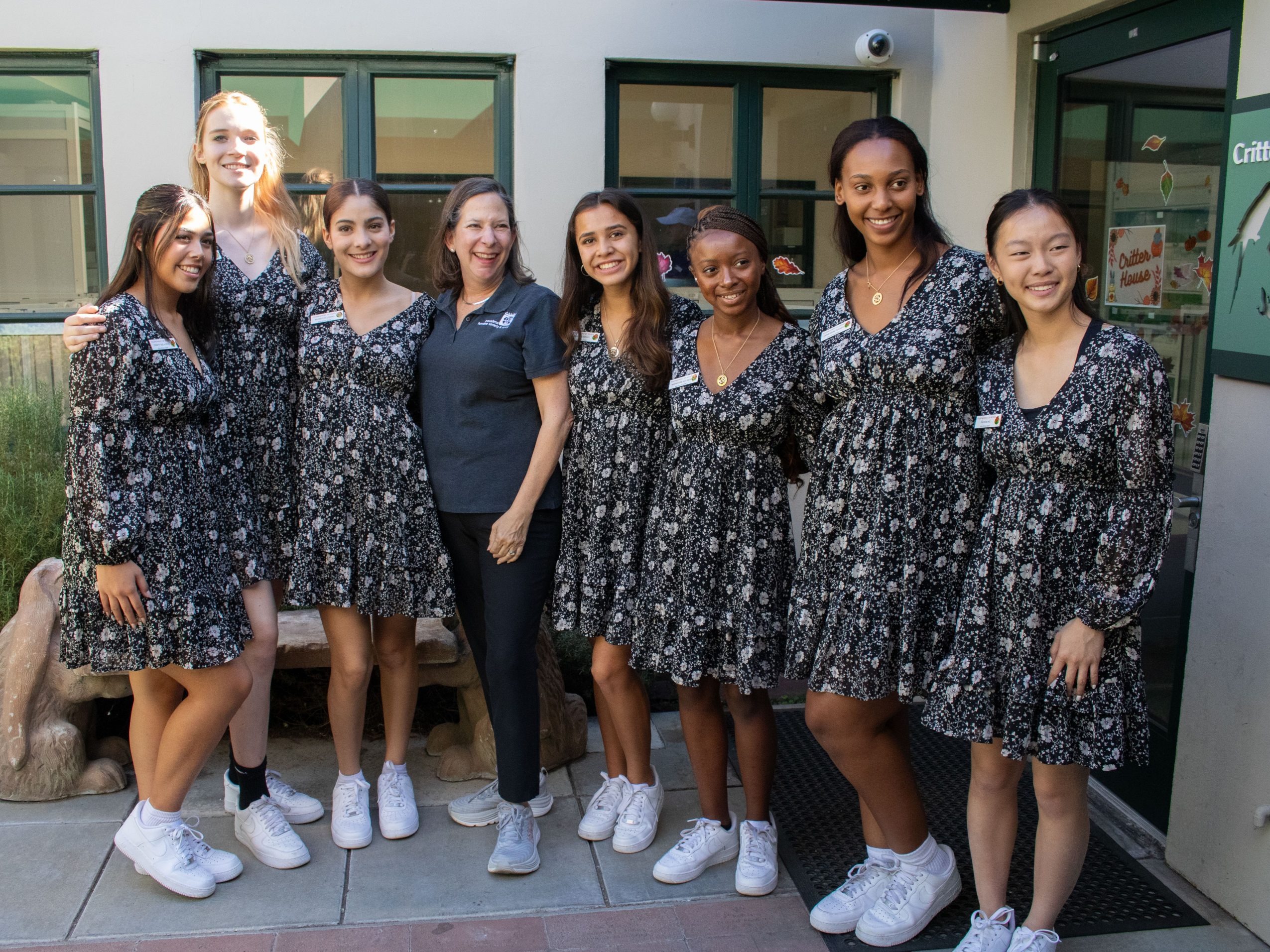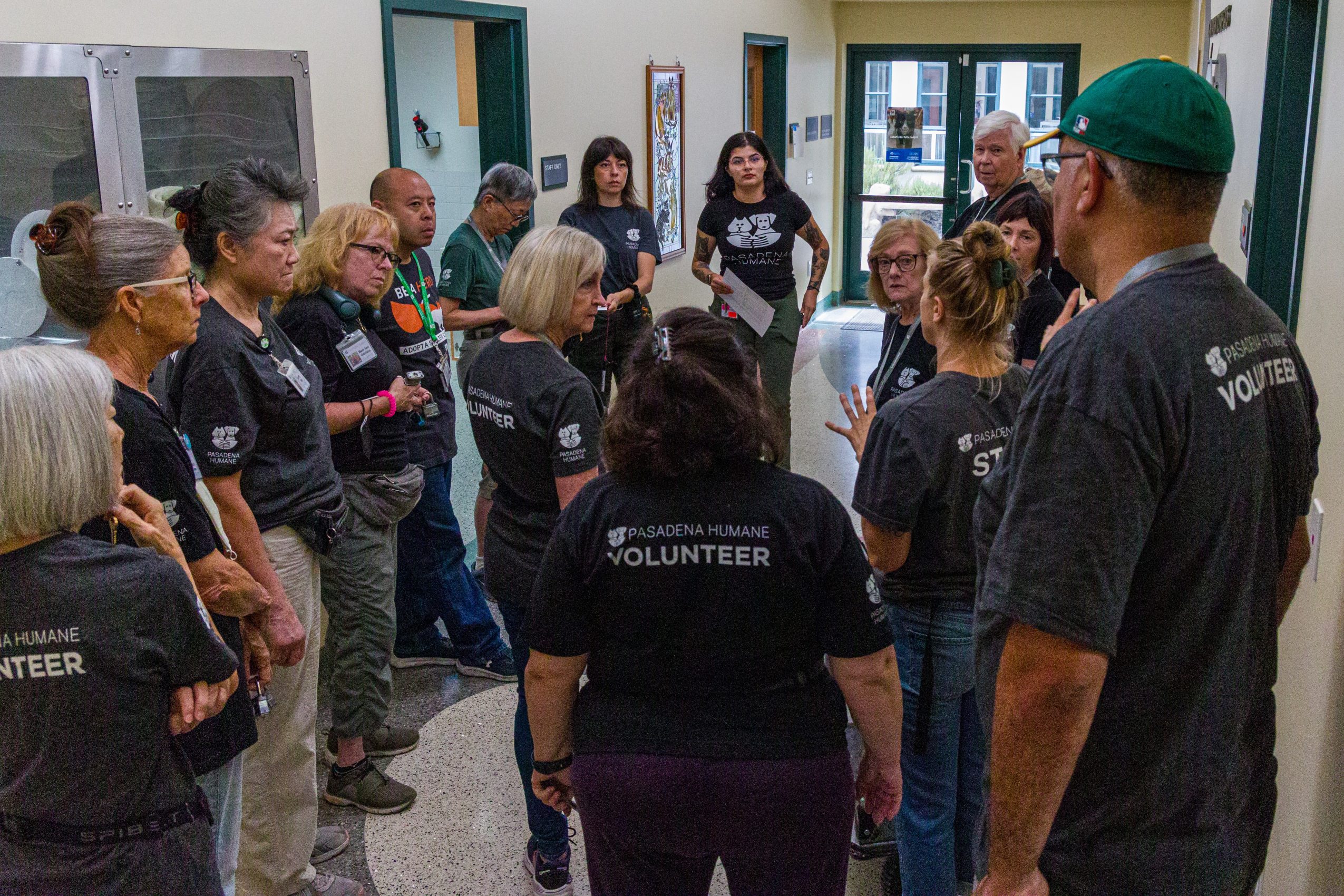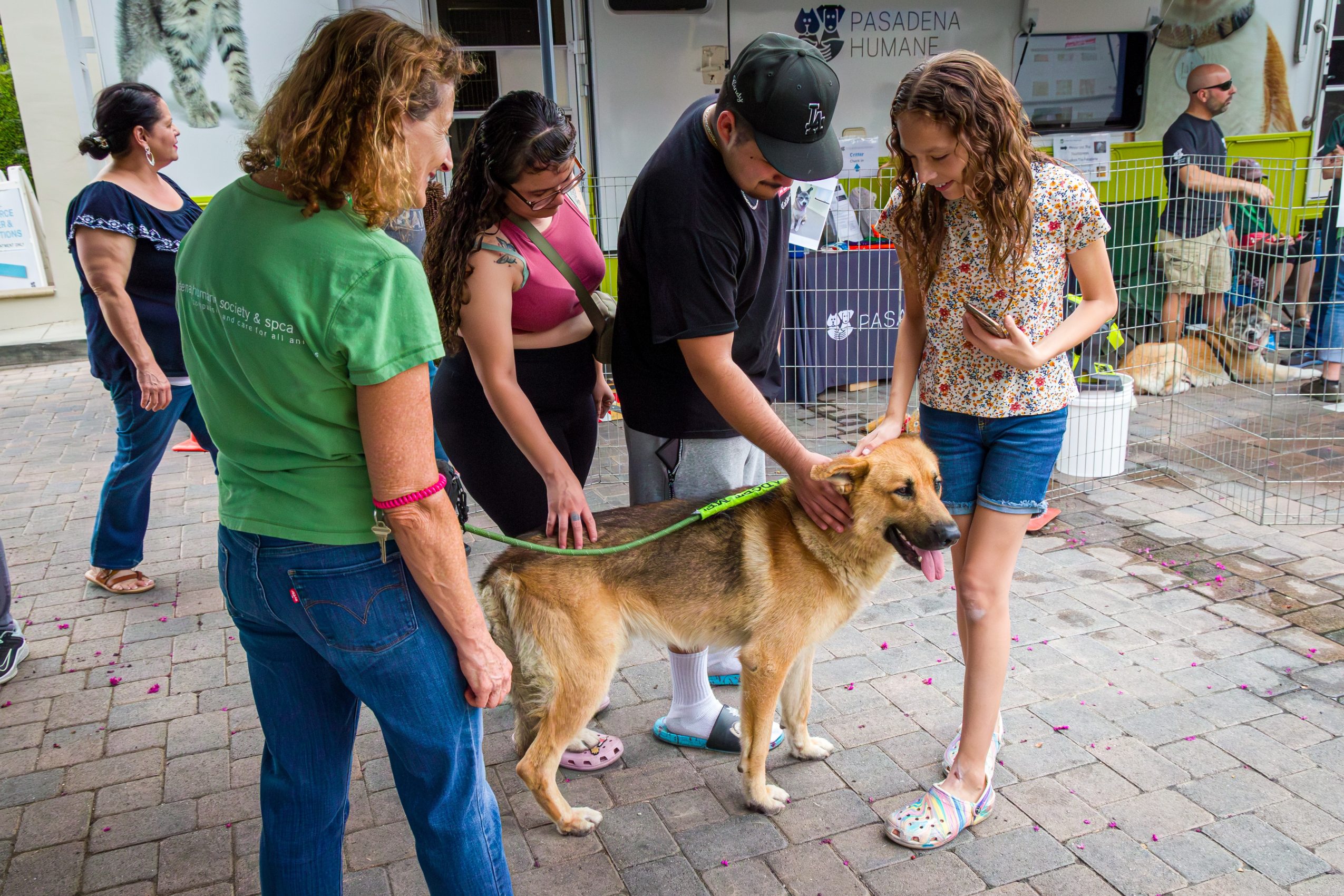

Today we’d like to introduce you to Dia DuVernet.
Dia, we appreciate you taking the time to share your story with us today. Where does your story begin?
I’m a clinical social worker by education and training. I’ve spent my entire career working in nonprofit organizations. I started as a foster care social worker in Washington, DC, trying to reunite children with their biological families or place them in adoptive homes. I grew into nonprofit management, fundraising, and administrative positions over time.
After more than two decades working in child and family service organizations, I made the switch to animal welfare in 2014 as President & CEO of the Virginia Beach SPCA. Then, I moved to Pasadena in 2019 to become the President & CEO of Pasadena Humane.
When you work for a mission-driven organization, your goal is to improve lives. And, as a CEO you are responsible for the health of the organization, both fiscally and in terms of effective mission delivery. Unlike for-profit businesses, nonprofit businesses have a double bottom line…both mission and margin.
Alright, so let’s dig a little deeper into the story – has it been an easy path overall and if not, what were the challenges you’ve had to overcome?
My path to becoming a nonprofit CEO was through on-the-job learning and great mentoring. I didn’t start my career with this goal in mind.
Unfortunately, academic programs in nonprofit administration were rare at the time I was in college and graduate school in the late 1980’s and early 90’s. These days, not only do nonprofit certification programs exist; it’s also possible to pursue an MBA with a focus in nonprofit business administration.
We’ve been impressed with Pasadena Humane, but for folks who might not be as familiar, what can you share with them about what you do and what sets you apart from others?
Pasadena Humane has been serving the community for 120 years.
Like many animal welfare organizations, Pasadena Humane started as an organization serving both animals and orphaned children. The child welfare movement grew out of the animal welfare movement. The first case of child abuse was prosecuted under laws established in the late 1800s to prevent cruelty to animals. The original name of Pasadena Humane was “The Pasadena Society for the Prevention of Cruelty to Children and Dumb Animals.”
Eventually, other organizations emerged to focus on serving children, and Pasadena Humane focused on serving animals.
Today, we have 150 employees and over 1,000 volunteers serving thousands of animals of Pasadena and nine other neighboring cities.
In addition to revenue from municipal animal control contracts and services to the community, we are fortunate to be supported by the generosity of animal lovers in our community. Over 50% of our $15 million annual operating budget comes from philanthropic support.
Pasadena Humane is recognized as a leader in animal sheltering. We focus on best practices in animal care and placement to find adoptive homes for all healthy and safe animals.
In addition to five staff veterinarians, we employ behavior specialists to rehabilitate animals who are sick or have behavior challenges.
Over the last few years, we’ve built a solid organizational culture based on core values we established right before the pandemic. Befitting an animal shelter, our Pasadena Humane core values are known by the acronym LICK, which stands for Learning, Integrity, Collaboration, and Kindness.
Kindness is key to our culture. We define kindness as showing compassion, care, respect, and empathy to all animals and humans without prejudice or discrimination. This extends to our visitors, volunteers, and dedicated staff members, who give so much to the animals.
We were incredibly honored to recently receive an Employer of the Year Award from Pasadena Civitan. The award recognizes our outstanding record of hiring individuals with intellectual and developmental disabilities.
For the fifth year in a row, we were also honored as Best Local Nonprofit/Charity in Pasadena Weekly’s annual poll.
Pasadena Humane is more than a shelter. We offer our community numerous programs and services focused on strengthening the human-animal bond, keeping pets in homes, and promoting peaceful coexistence with wildlife.
Services include:
• An Animal Resource Center with support services – such as a Pet Food Pantry – for pet owners in crisis.
• Humane Education camps and programs for children
• Animal training classes and consultations
• A Shelter Shop for the purchase of pet food and supplies
• Low-cost vaccine clinics and spay/neuter surgeries
• Wildlife rehabilitation and education
Before we let you go, we’ve got to ask if you have any advice for those who are just starting out?
If you are passionate about a career helping others – either animals or people – consider where your skills can be of most use.
Are you a hands-on person who wants to be on the front lines, working directly with those in need? Or, are you allergic to cats but great at sales? If so, fundraising might be a good career for you. (You would be surprised how many people working at animal shelters are animal lovers but allergic to pets.)
Nonprofit businesses have many of the same professional needs as for-profit businesses, such as accounting, maintenance, customer service, human resources, and chief executives. Of course, depending on the mission, specialized professionals are also needed, such as veterinarians in animal sheltering and therapists in human services.
One of the most important skills of any of these jobs is the ability to work with people. Many people say to me, “I want to work with animals because I don’t like people.” My reply is always the same, “You can’t help animals if you can’t work with people.”



 Image Credits
Image Credits
Pasadena Humane











